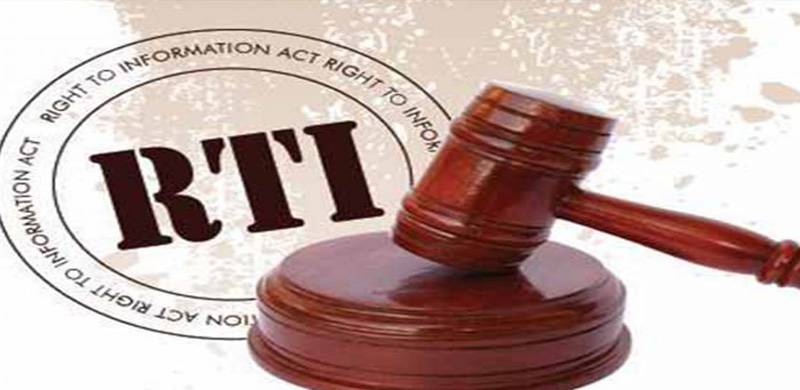
For years, there had been a simmering need to discard the colonial remnants from the Pakistani legal system, specifically the age-old Official Secret Act, and adopt legislation recognising citizens’ right to information. In 2013, KP and Punjab governments took this brilliant initiative by passing the Right to Information (RTI) Act and establishing independent information commissions.
Before 1995, only 19 countries had passed these laws. Today, 125 countries have enacted RTI laws or similar provisions, with most of them having specific, dedicated institutions endorsing effective implementation and taking complaints against executive detain or rebuttal of information to citizens.
Information is the key, enabling citizens to partake in the governing process since free and open access to information is a vital prerequisite of democracy. The free flow of information is vital in sifting out problems and rectifying them through competency, participation and economy. Moreover, a secretive culture nurtures and encourages rent-seeking, which permits incompetence to flourish and obstructs the probability of inclusive development and growth aside from crippling political institutions by minimising public trust in their functioning and sanctity. A genuinely democratic participatory decision-making process can only be safeguarded through complete transparency and information sharing.
Thus, this paradigm shift through the introduction and propagation of citizens’ right to information from secrecy in government operations to transparency and accountability is a ray of hope for a better and more progressive Pakistan, as the right to information maintains the reign of public interest over the need to secrecy. Both KP and Punjab information commissions are making groundbreaking efforts to ensure this new regime strengthens over time and sustains for years to come. Various seminars and khuli kachehris are being held in both provinces to raise awareness about the RTI law as part of ‘rasai’ (access), social awareness campaign among Public Information Officers (PIOs), journalists and lawyer communities.
The success of the RTI Act rests upon generating extensive awareness among citizens about their constitutional right to acquire unlimited access to information.
The regime of RTI is a win for all Pakistanis. They no longer wish to see their governments functioning under cloaks of secrecy and look forward to a more transparent and accountable government.
Before 1995, only 19 countries had passed these laws. Today, 125 countries have enacted RTI laws or similar provisions, with most of them having specific, dedicated institutions endorsing effective implementation and taking complaints against executive detain or rebuttal of information to citizens.
Information is the key, enabling citizens to partake in the governing process since free and open access to information is a vital prerequisite of democracy. The free flow of information is vital in sifting out problems and rectifying them through competency, participation and economy. Moreover, a secretive culture nurtures and encourages rent-seeking, which permits incompetence to flourish and obstructs the probability of inclusive development and growth aside from crippling political institutions by minimising public trust in their functioning and sanctity. A genuinely democratic participatory decision-making process can only be safeguarded through complete transparency and information sharing.
The regime of RTI is a win for all Pakistanis. They no longer wish to see their governments functioning under cloaks of secrecy and look forward to a more transparent and accountable government.
Thus, this paradigm shift through the introduction and propagation of citizens’ right to information from secrecy in government operations to transparency and accountability is a ray of hope for a better and more progressive Pakistan, as the right to information maintains the reign of public interest over the need to secrecy. Both KP and Punjab information commissions are making groundbreaking efforts to ensure this new regime strengthens over time and sustains for years to come. Various seminars and khuli kachehris are being held in both provinces to raise awareness about the RTI law as part of ‘rasai’ (access), social awareness campaign among Public Information Officers (PIOs), journalists and lawyer communities.
The success of the RTI Act rests upon generating extensive awareness among citizens about their constitutional right to acquire unlimited access to information.
The regime of RTI is a win for all Pakistanis. They no longer wish to see their governments functioning under cloaks of secrecy and look forward to a more transparent and accountable government.

